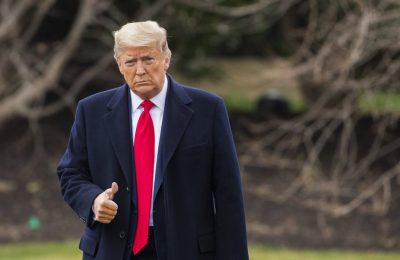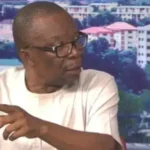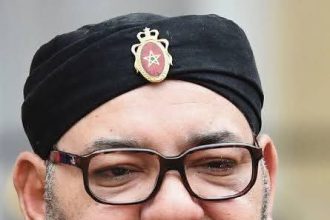Legal: In a high-profile move within an ongoing federal election subversion case, attorneys representing President-elect Donald Trump entered a not-guilty plea on his behalf in a Washington, D.C., federal court. This plea responds to a revised indictment submitted by special counsel Jack Smith’s team, marking a new phase in a case scrutinizing Trump’s attempts to overturn the 2020 election results.
The recent developments come in the wake of a landmark ruling by the U.S. Supreme Court earlier this summer, which clarified the scope of presidential immunity for former officeholders. According to the ruling, former presidents hold absolute immunity for core constitutional duties and are “presumptively immune” from prosecution for other official actions connected to their presidency.
This ruling impacted several charges initially raised against Trump, specifically those suggesting he attempted to wield the Justice Department’s authority to maintain his hold on office. Following this decision, special counsel Smith revised the indictment, removing claims that implicated Trump in misusing federal law enforcement powers to influence the election outcome.

Background of the Case and Allegations
Trump’s legal challenges stem from allegations that he engaged in concerted efforts to undermine the 2020 election results, despite no substantial evidence of widespread voter fraud. The case also explores Trump’s public statements and private strategies, which prosecutors claim were intended to cast doubt on the legitimacy of Joe Biden’s victory.
Trump’s unyielding denial of the election’s outcome contributed to the January 6, 2021, Capitol riot, where a violent mob breached the Capitol building in an attempt to stop the certification of electoral votes.
Initially, Trump faced four federal charges, each addressing his alleged actions to subvert the democratic process. The revised indictment, however, narrows the scope of the accusations to exclude any conduct deemed constitutionally protected, such as actions tied directly to his presidential duties.
The Role of the Supreme Court and Trump’s Immunity

The Supreme Court’s ruling on presidential immunity, central to the revised indictment, has created a substantial legal precedent. In this decision, the Court underscored that former presidents retain broad protections from criminal prosecution when performing their constitutional roles, potentially shielding them from legal consequences for decisions and actions undertaken as part of their official duties.
This decision prompted Smith’s team to reassess and narrow the charges, focusing solely on actions outside the immunity parameters established by the Court.
The ruling also prompted the judge overseeing Trump’s case to vacate the trial schedule in light of the post-election requests from Smith’s office, adding further delays to a trial already complicated by Trump’s legal and political status.
Trump’s Continued Denunciation of Legal Challenges
Throughout his legal ordeals, Trump has been vocal, calling the criminal charges leveled against him “election interference.” He has consistently argued that each of the three criminal cases currently pending against him is politically motivated and intended to hinder his presidential campaign. Trump is the presumptive Republican nominee for the upcoming November 5 election, with his indictments casting an unusual spotlight on his run for office.
It is important to note that the investigations resulting in these indictments were initiated well before Trump officially declared his candidacy in late 2022. However, his legal team has asserted that these charges represent an effort to impact his political future.
Looking Ahead: Potential Impact and Timeline
As Trump’s legal team navigates this revised indictment, the trial’s timeline remains uncertain, especially following the court’s recent decision to vacate the trial schedule. The last hearing in this case was held in December 2023, paused as the legal teams awaited the Supreme Court’s decision on the immunity matter.
With the Supreme Court ruling now clarifying some aspects of Trump’s immunity, his defense team will likely pursue further arguments around the extent to which Trump’s actions during and after the 2020 election fall within his presidential responsibilities.
As the legal proceedings advance, the case remains a focal point in the 2024 presidential race, raising questions about the intersection of accountability, executive immunity, and electoral integrity. Trump’s defense team’s next steps will be crucial, as they seek to protect his eligibility while he continues his campaign for re-election amid these complex legal battles.









